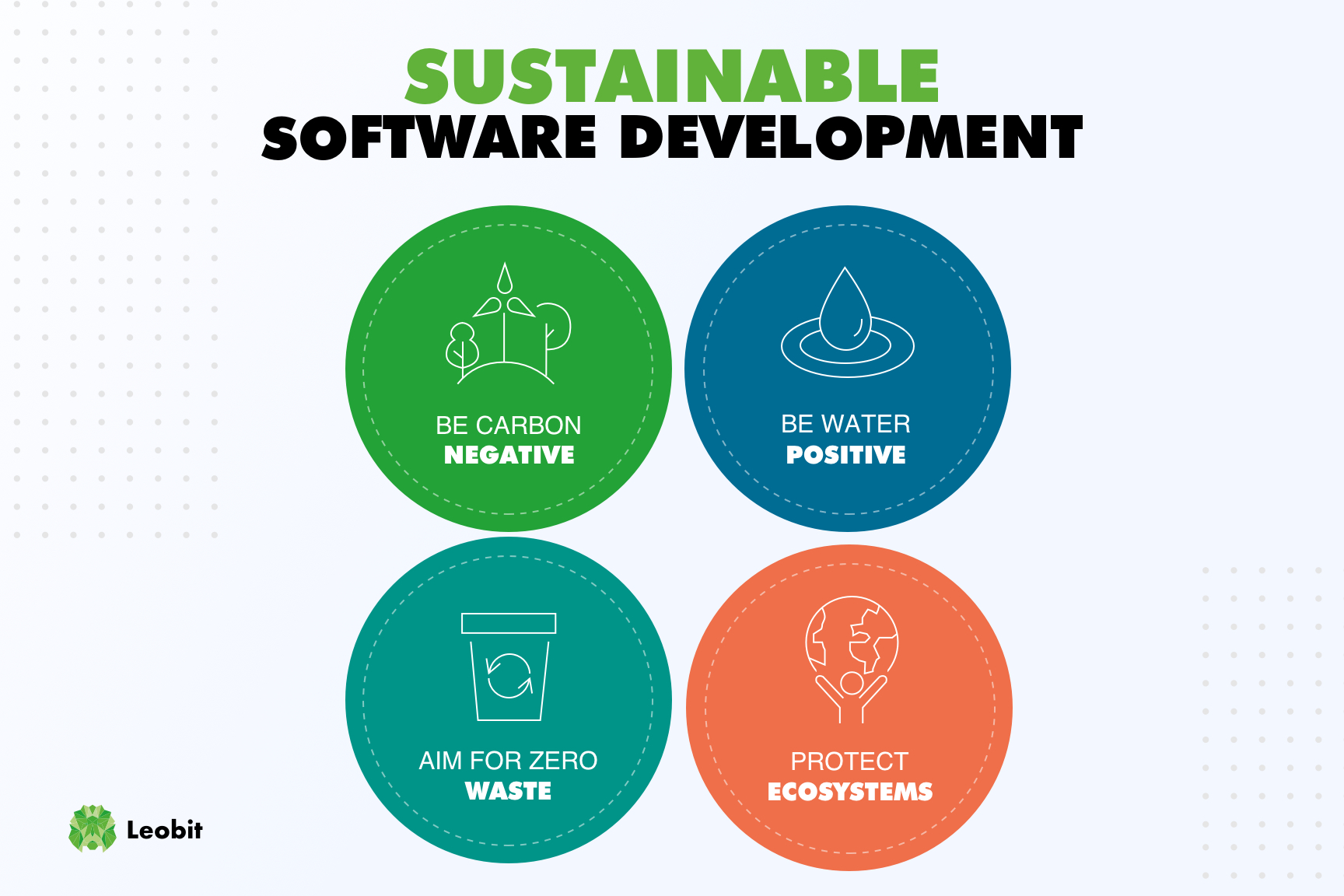Sustainability is a growing concern in today’s world, and more and more people are looking for ways to reduce their impact on the environment. One way to do this is by supporting sustainable brands. Sustainable brands are companies that are committed to reducing their environmental impact and promoting social responsibility. In this article, we will discuss the benefits of sustainable brands and provide a list of some of the most popular sustainable brands in various industries.
Why Support Sustainable Brands?
There are many benefits to supporting sustainable brands. First and foremost, sustainable brands are committed to reducing their impact on the environment. They use sustainable materials and production processes to create their products, which helps to reduce waste and pollution. Additionally, sustainable brands often support fair labor practices and ethical working conditions, which is important for social responsibility.
Supporting sustainable brands also helps to create a more sustainable economy. By supporting companies that are committed to sustainability, we are encouraging more businesses to adopt sustainable practices. This can help to reduce the environmental impact of the business world as a whole and create a more sustainable future for everyone.
Sustainable Brands in Various Industries
There are many sustainable brands in various industries, including fashion, beauty, and home goods. Here are some of the most popular sustainable brands in each of these industries:
Fashion:
- Patagonia – Patagonia is a well-known outdoor clothing brand that is committed to sustainability. They use organic cotton and recycled materials in their clothing and have a recycling program to reduce waste.
- Reformation – Reformation is a sustainable fashion brand that uses eco-friendly materials and sustainable production processes. They also have a take-back program to recycle old clothes.
- Everlane – Everlane is a clothing brand that is committed to transparency and ethical production practices. They use sustainable materials and have a “radical transparency” policy that shares information about their factories and pricing.
Beauty:
- Lush – Lush is a popular beauty brand that is committed to sustainability. They use natural and organic ingredients and have a recycling program to reduce waste.
- Herbivore Botanicals – Herbivore Botanicals is a beauty brand that uses natural and organic ingredients and sustainable packaging. They also support environmental causes and use eco-friendly production processes.
- Tata Harper – Tata Harper is a luxury beauty brand that is committed to sustainability. They use natural and organic ingredients and sustainable packaging, and they have a zero-waste goal.
Home Goods:
- The Honest Company – The Honest Company is a home goods brand that is committed to sustainability and social responsibility. They use natural and sustainable materials and have a recycling program to reduce waste.
- Boll & Branch – Boll & Branch is a bedding and bath brand that uses organic and sustainable materials. They also support fair labor practices and ethical working conditions.
- West Elm – West Elm is a home goods brand that is committed to sustainability. They use sustainable materials and have a goal to be 100% Fair Trade certified by 2020.
Conclusion
Supporting sustainable brands is an important way to reduce our impact on the environment and promote social responsibility. By choosing to support sustainable brands in various industries, we can help to create a more sustainable economy and a more sustainable future for everyone. Some of the most popular sustainable brands in fashion, beauty, and home goods include Patagonia, Lush, and The Honest Company. By supporting these brands, we can make a difference and help to create a more sustainable world.

